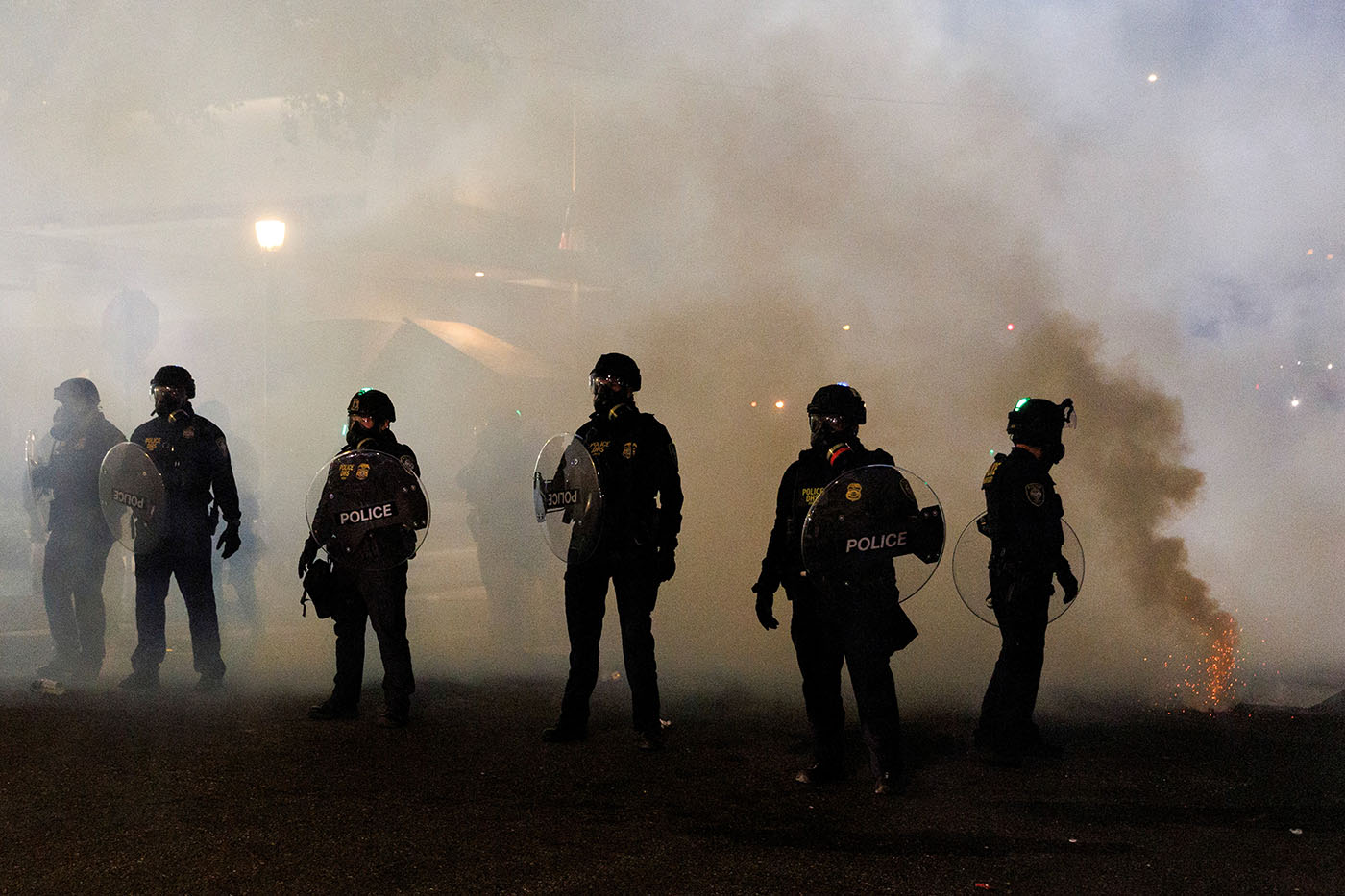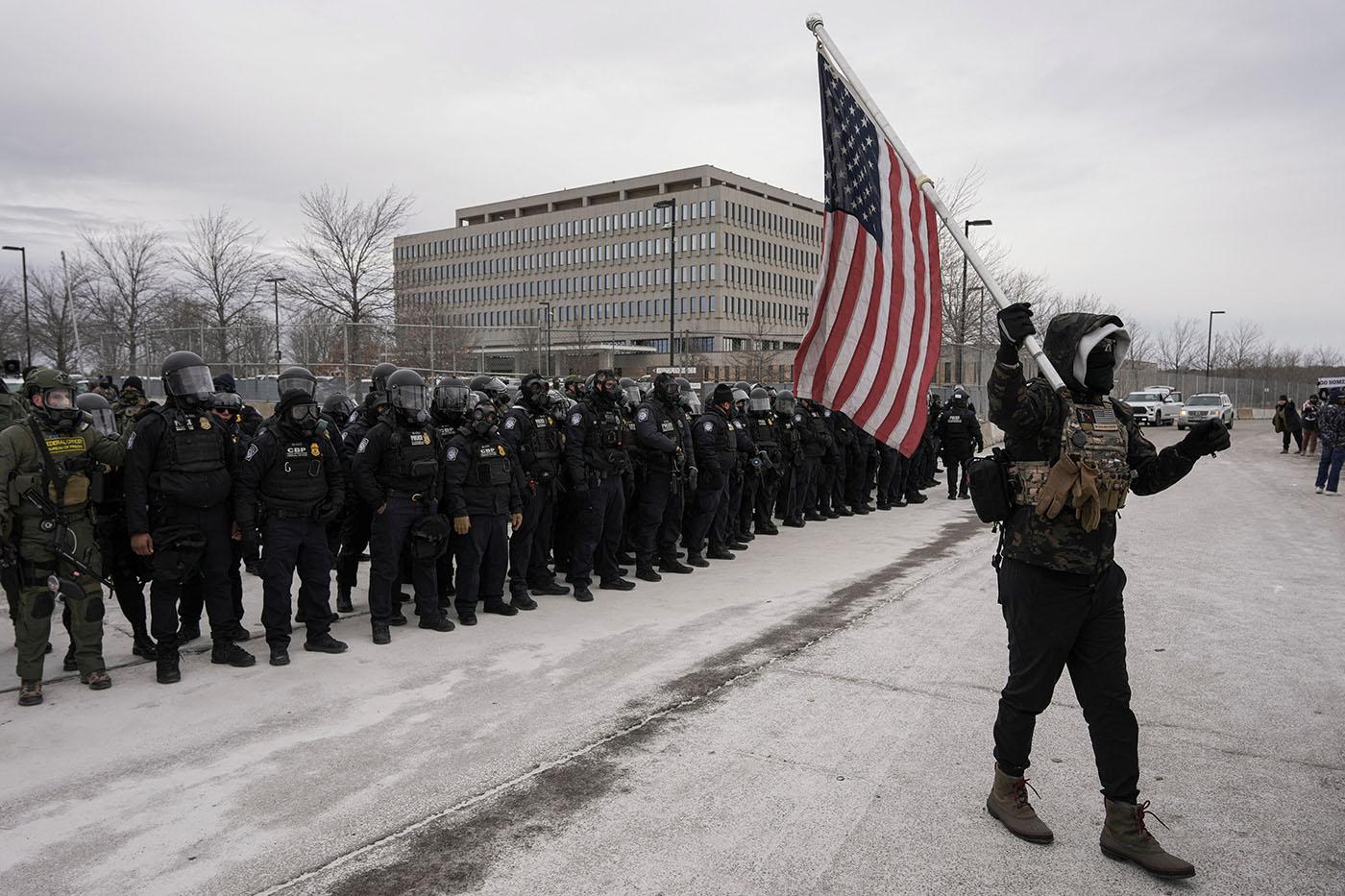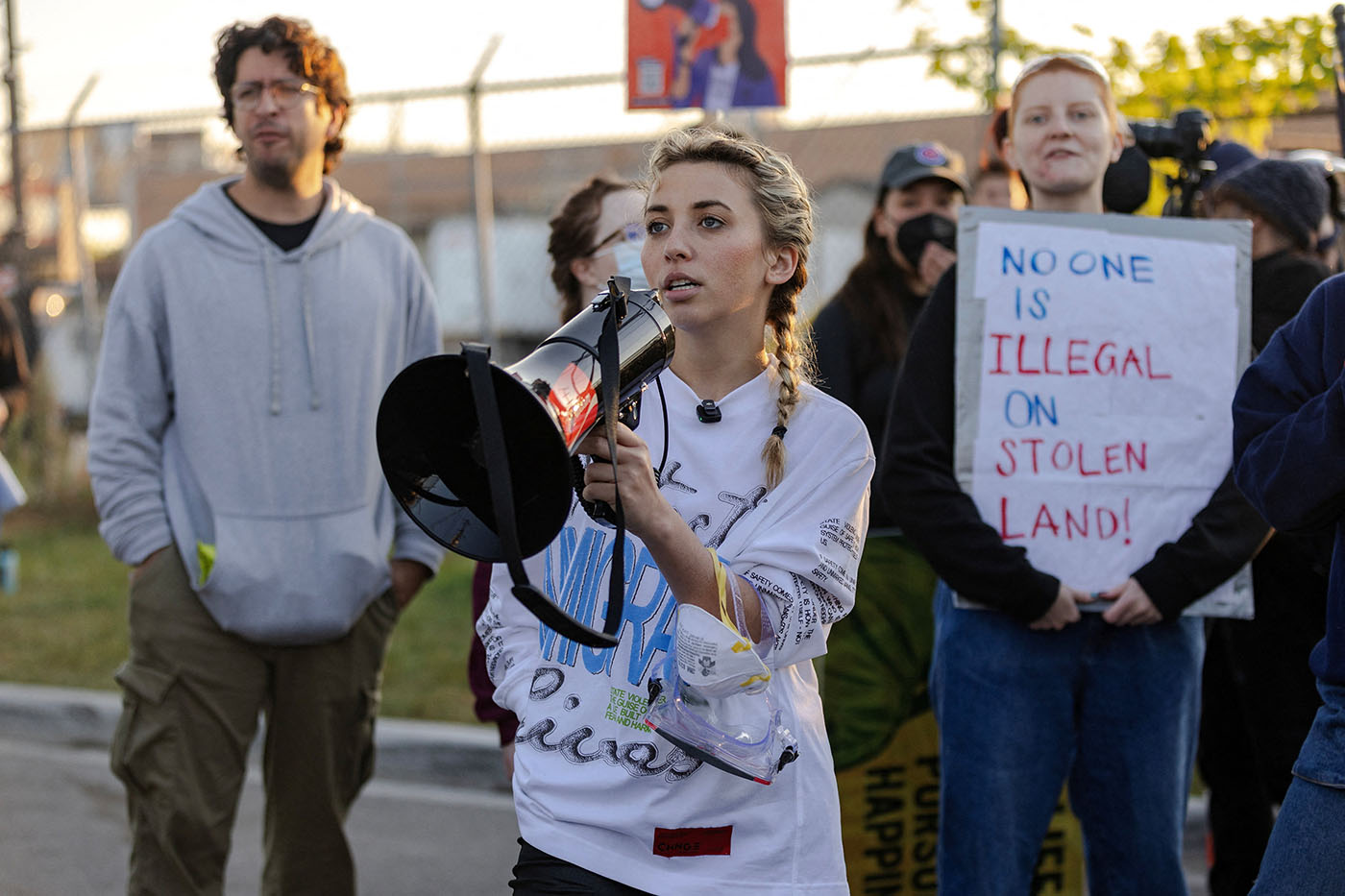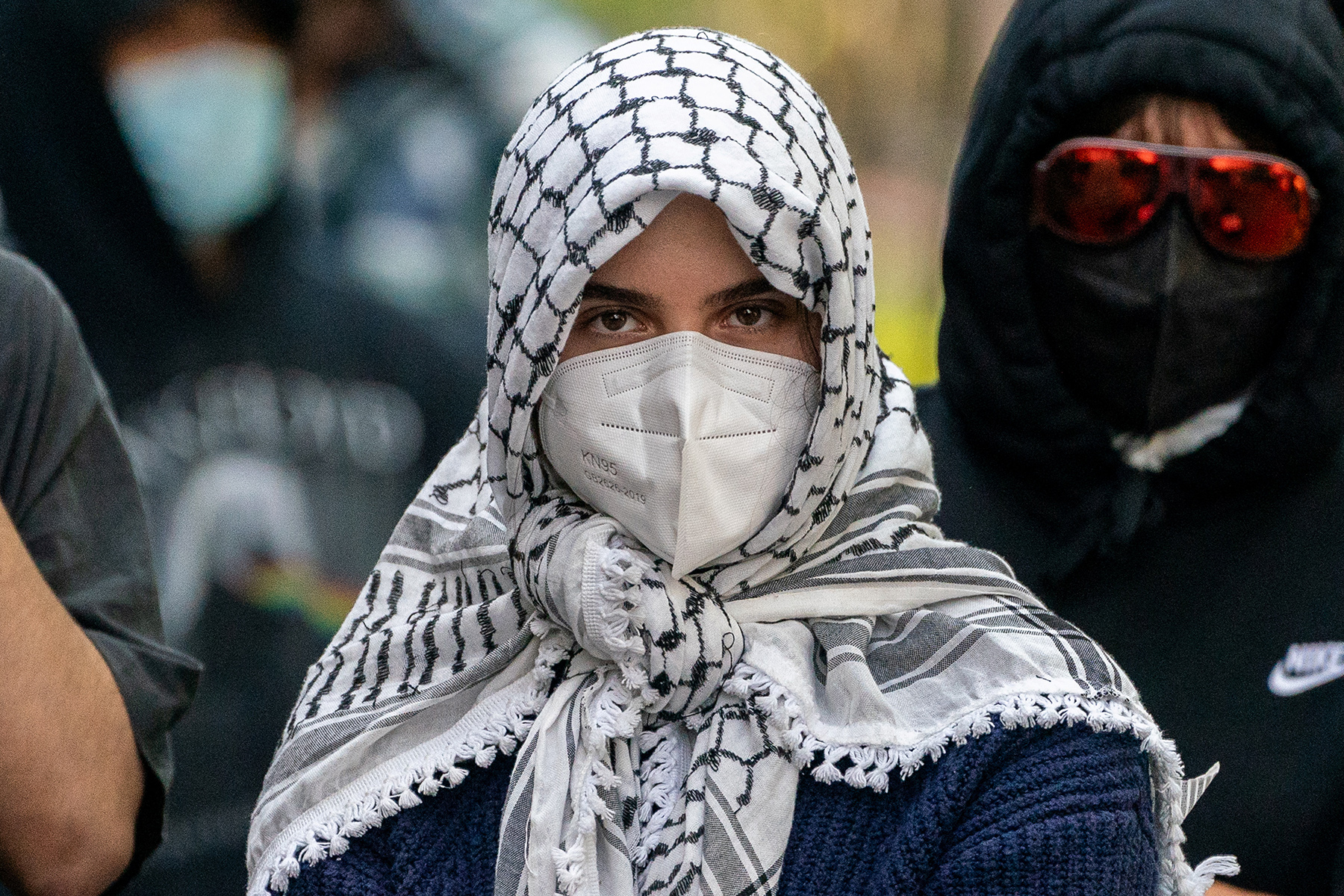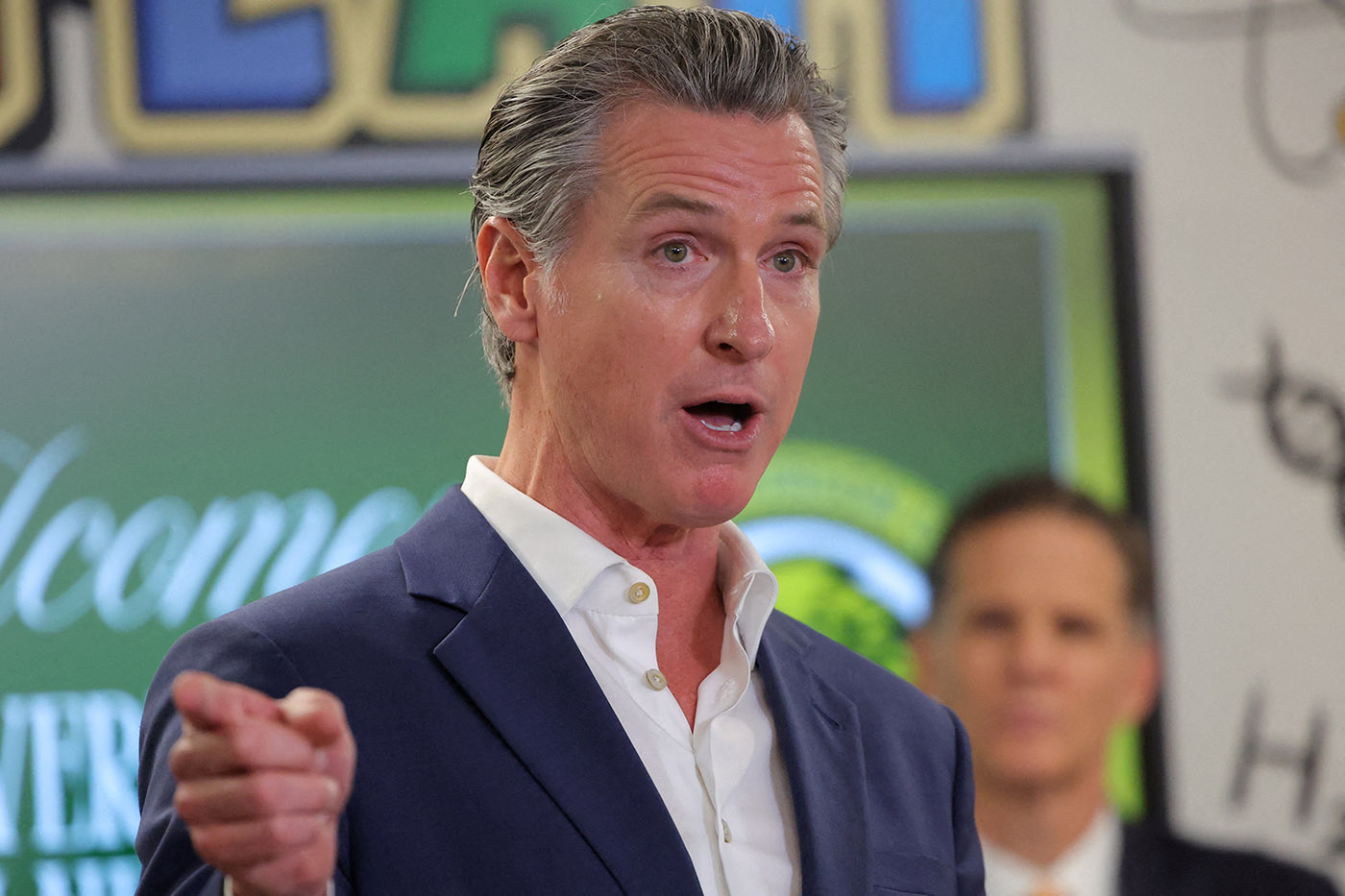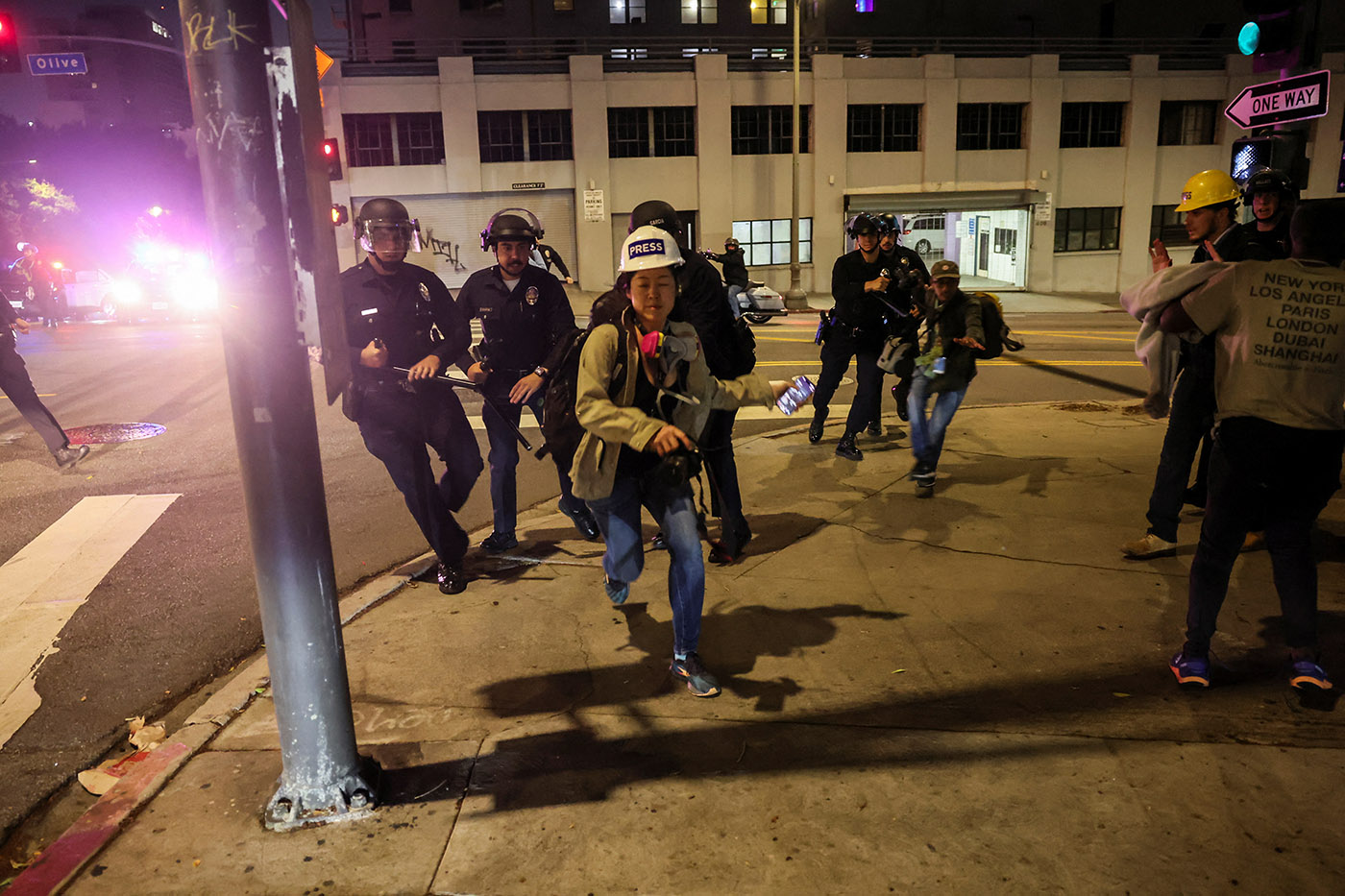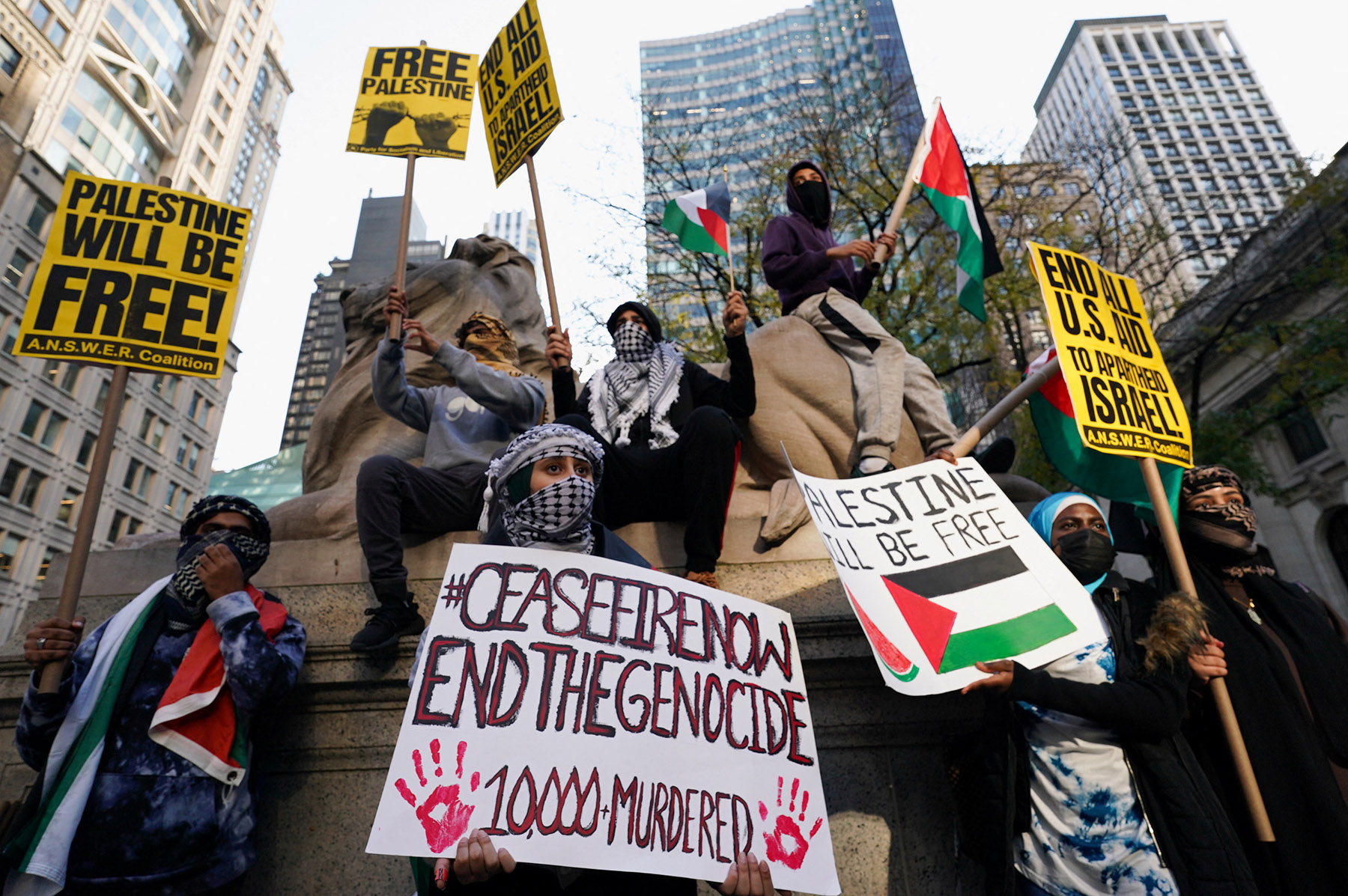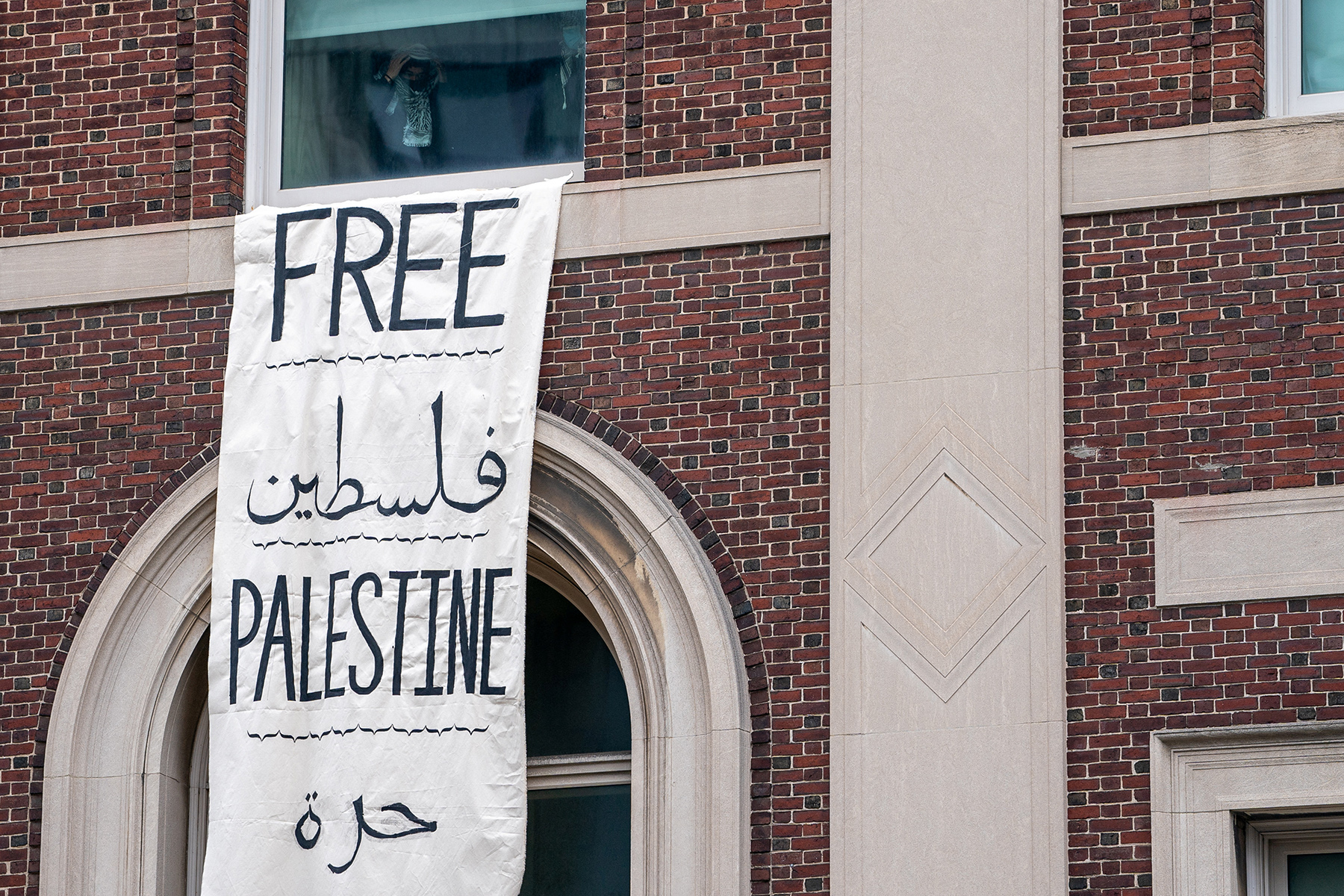Federal Agents Must Limit Tear Gas for Now at Protests Outside Portland ICE Building, Judge Says
The ruling came in response to a lawsuit filed by the ACLU of Oregon on behalf of protesters and freelance journalists covering demonstrations at the flashpoint ICE building.
California Protester Left Blind in One Eye Is Among String of Violent Run-Ins With Federal Agents
Federal immigration agents deployed to Minneapolis have used aggressive crowd-control tactics that have become a dominant concern after the deadly shooting of Renee Good.
Democratic Congressional Candidate Kat Abughazaleh Indicted Over ICE Protests Outside Chicago
Protesters have gathered outside the immigration center to oppose enforcement operations in the Chicago area that have led to more than 1,800 arrests and complaints of excessive force.
How Covering Your Face Became a Constitutional Matter: Mask Debate Tests Free Speech Rights
Protesters and their supporters argue Trump’s comments and repeated calls by the Republican president’s allies to ban masks at protests are an attempt to stifle popular dissent.
Trump’s Deployment of Troops to LA Protest Divides US Governors
The divergent approaches illustrate the ways the two parties are trying to navigate national politics and the role of executive power in enforcing immigration policies.
With Reporters Shot and Roughed Up, Advocates Question Whether Those Covering Protests Are Targets
Reporters Without Borders said there have been at least 31 attacks on journalists — 27 from law enforcement — since the demonstrations started.
NY Governor’s Subway Mask Ban Proposal Sparks Debate Over Right to Anonymous Protest
The restrictions raise constitutional questions since they appear aimed at stopping a specific group from an activity that is widely practiced by members of the public.
Protesters Take Over Columbia University Building in Escalation of Campus Demonstrations
Universities nationwide are grappling with how to clear out encampments as commencement ceremonies approach, with some continuing negotiations and others turning to force.
